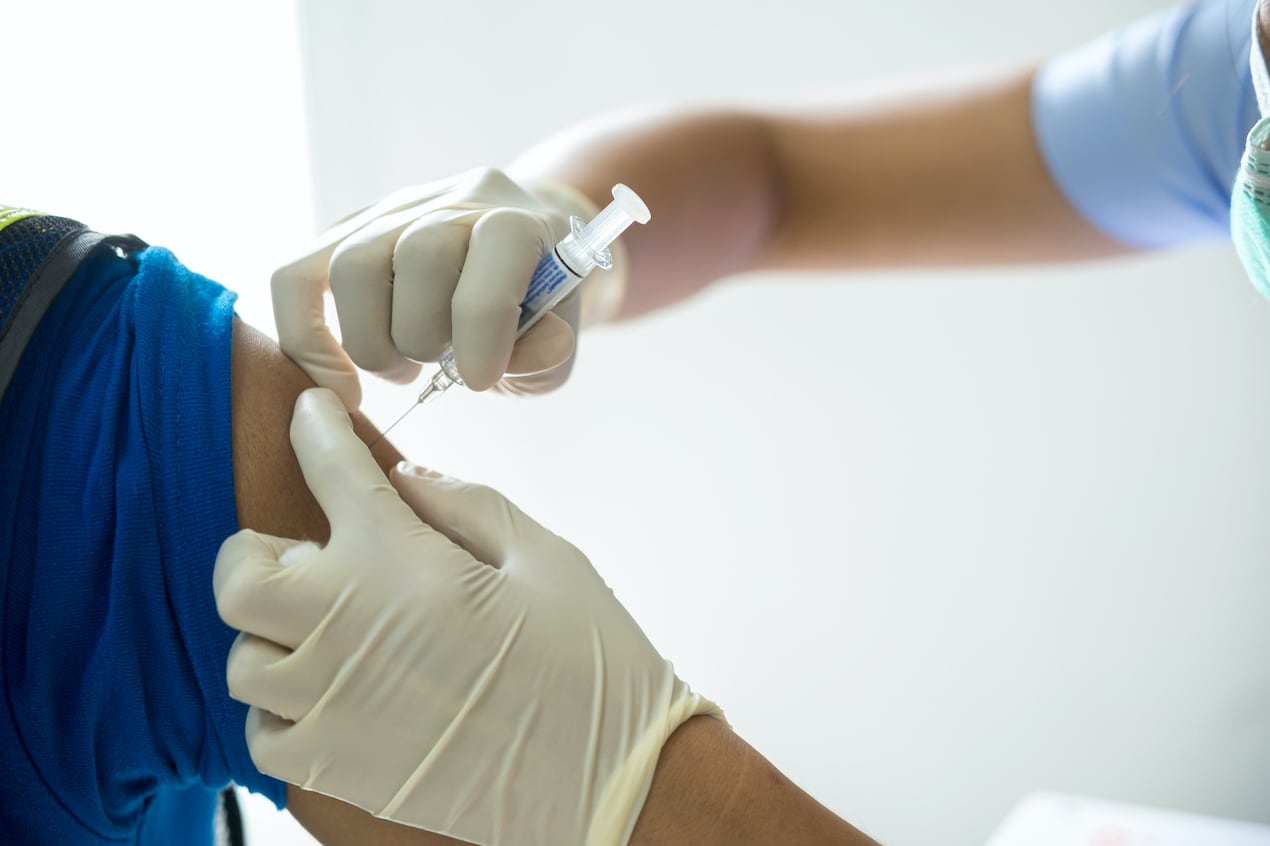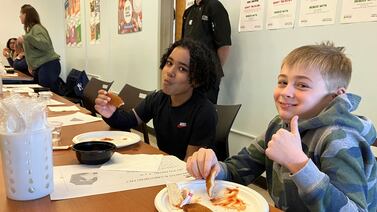Teachers and school staff would join workers in critical infrastructure sectors and people older than 65 on the priority list to receive COVID-19 vaccines next year, based on Tennessee’s latest distribution plan released Wednesday.
But those groups likely won’t get their shots before spring, based on projected availability and other groups who are in line first.
School and child care staff are slated to be part of the second — and largest — phase for immunizing Tennesseans in the state’s four-phase distribution plan.
In front of them are inpatient health care workers, first responders who work directly with the public, and residents and employees of long-term care facilities. Next on the priority list are other health care workers and people with two or more diseases or health conditions that put them at higher risk of dying.
Tennessee’s latest plan offers the most complete picture so far of how it expects to start giving shots as soon as two weeks from now. States have until Friday to tell the Centers for Disease Control and Prevention how they plan to allocate the first doses anticipated from Pfizer and Moderna.
The plan from the Tennessee Department of Health does not project when each phase will be completed, but distribution is expected to start slowly and ramp up as more doses are manufactured.
The state’s first immunizations will go to an estimated 450,000 people, followed by another 1.3 million recipients as part of the first phase. However, Tennessee’s first expected allocation is just 56,550 doses from Pfizer. And to be effective, the Pfizer vaccine requires two doses to be administered 21 days apart.
That means just over 28,000 people will get the initial vaccine.
While shipments are expected to gradually increase during the first quarter of 2021, Tennessee will target an estimated 2.5 million people in the second phase, including K-12 teachers and school and child care personnel. This group will also include healthy people over age 65, prison and jail residents and staff, and critical infrastructure workers in sectors like public transportation, the postal service, and utilities. The plan says those over 65 will get first priority.
The third phase of distribution includes children and young adults, but many experts fear that won’t happen in time for the new school year. None of the three manufacturers announcing promising vaccines have conducted large-scale vaccine trials for younger people, and Pfizer only recently began enrolling children as young as 12.
Gov. Bill Lee said last month that the vaccines will be optional in Tennessee public schools.
The state released a draft distribution plan in October when it was unclear what vaccines would be available and what the supply would look like. This week’s revisions followed new guidance from a CDC panel that on Tuesday recommended prioritizing long-term care residents and health care workers. As a result, Tennessee has moved up residents of nursing homes and other long-term care facilities.






